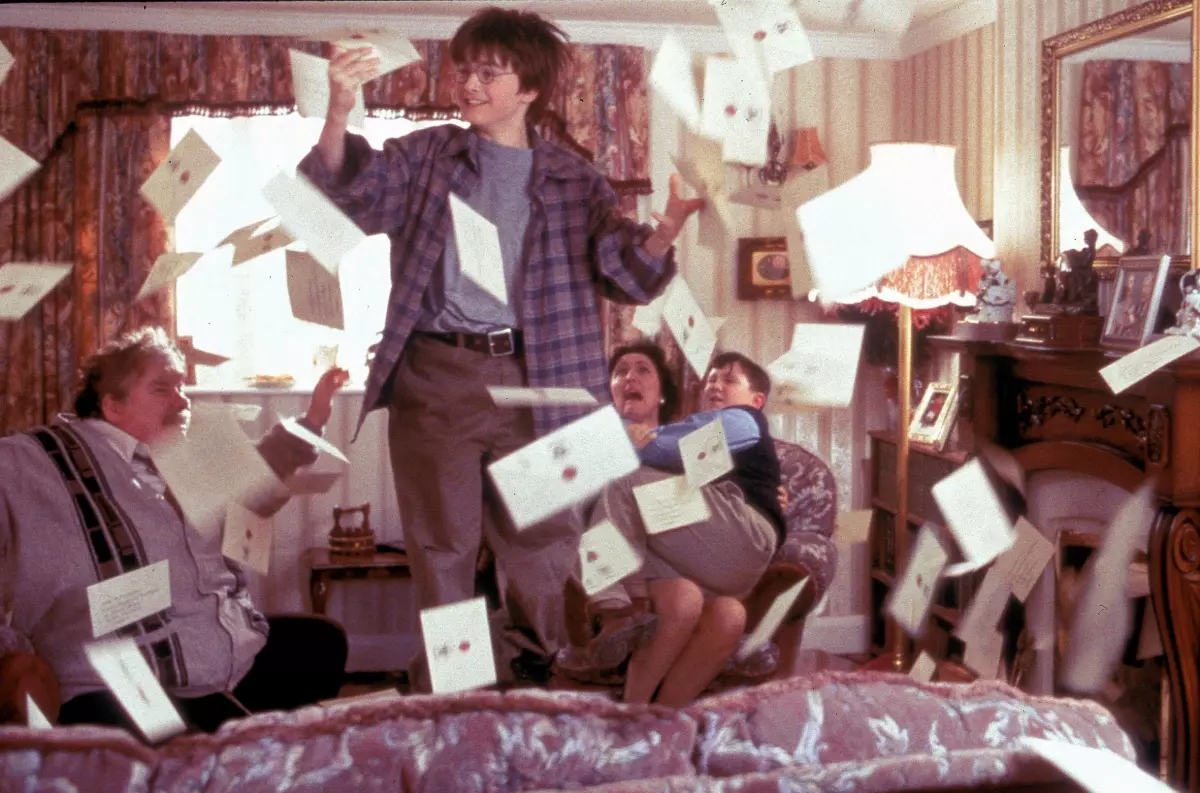If you've ever found yourself desperately seeking rest in a hotel, only to be disturbed by noise from neighboring rooms, you're probably familiar with the concept of hotel quiet hours. But what exactly are hotel quiet hours, and how do hotels handle noise complaints? In this article, we'll explore the world of hotel quiet hours and provide insights into how hotels manage noise disturbances.
Understanding Hotel Quiet Hours
Hotel quiet hours are specific periods during the night and early morning when hotels expect their guests to minimize noise. Typically, these quiet hours begin around 9 PM to 10 PM and extend until about 6 AM. However, it's important to note that different hotels may have slightly varying quiet hour schedules, with some establishments starting as late as 11 PM. Additionally, certain properties may have different quiet hours for weekdays versus weekends. It's always a good idea to inquire about the specific quiet hour policy when making your reservation.
 Image: Hotel Quiet Hours - A Time of Serenity
Image: Hotel Quiet Hours - A Time of Serenity
Unveiling the Mystery: Finding Out the Quiet Hours
Finding information about a hotel's quiet hours can be more challenging than you might expect. While some hotels provide this information on their website, many do not. As a result, you will need to contact the hotel directly to obtain clarification on their specific quiet hour policy. However, be prepared for potential difficulties in obtaining this information. Some hotel staff may not be aware of the quiet hours, while others may hesitate to disclose this information due to concerns about potential noise disturbances or liabilities.
 Image: Inquiring about Hotel Quiet Hours
Image: Inquiring about Hotel Quiet Hours
Consequences of Violating Hotel Quiet Hours
The way hotels handle noise complaints and violations of their quiet hour policy varies from property to property. While each hotel may have its own internal policies, the following is a general outline of what typically occurs.
If you cause a disturbance during quiet hours and someone reports it, you can generally expect to receive a warning. This warning may come in the form of a phone call or a hotel representative knocking on your door to address the situation. While hotels typically keep noise complaints anonymous, they will inform you that a complaint has been filed.
In case of an emergency situation, such as a potential assault, the hotel reserves the right to enter your room even if you have a "do not disturb" sign displayed. However, the involvement of the police will usually require a warrant, unless there are exceptional circumstances.
After receiving a warning, you'll be on thin ice. If another noise complaint is lodged against you, some hotels operate on a "two-strike" policy, resulting in eviction from the premises. Ideally, a security guard will escort you off the property, but in more severe cases, law enforcement may be involved.
It's important to note that if you're evicted from the hotel due to noise violations, you will likely not receive a refund. Hotel policies often state that they reserve the right to remove guests without providing any reimbursements for certain reasons, including noise disturbances. In rare cases, a hotel may require a third noise complaint before taking action.
Minimizing Noise: Considerate Behavior
To ensure a pleasant experience for yourself and fellow guests, it's crucial to minimize disruptive noises during your hotel stay. Common sources of noise disturbances include loud parties with laughter, shouting, and loud music. It's best to avoid hosting loud gatherings in hotel rooms, as this can greatly disturb other guests.
Excessive noise from televisions is also a frequent problem. While some guests may unintentionally have the volume turned up too high, it's essential to keep it at a reasonable level to avoid causing discomfort to others.
Other noise-related concerns include loud alarms that go unnoticed by the guests themselves and uncomfortable situations arising from excessively noisy love-making.
Real Examples of Hotel Quiet Hours
During our research, we contacted numerous hotels to inquire about their quiet hour policies. While many hotels chose not to disclose this information, some were kind enough to share their schedules. The quiet hours typically begin between 9 PM and 11 PM and end somewhere between 5 AM and 7 AM. Keep in mind that these schedules may not encompass all hotels, as each property has its own guidelines.
 Image: Examples of Hotel Quiet Hours
Image: Examples of Hotel Quiet Hours
In Conclusion
While not all hotels explicitly advertise their quiet hours, it's important to be mindful of noise levels during your stay. Demonstrating consideration for other guests by minimizing noise is not only a common courtesy but also ensures a peaceful and enjoyable experience for everyone involved. Whether hotels explicitly provide quiet hour information or not, it's always best to adopt respectful behavior during late hours. So, the next time you find yourself staying at a hotel, be a good neighbor and keep the volume down after 9 PM or 10 PM.
Remember, a peaceful night's sleep for you and your fellow guests will make your stay truly remarkable!
















